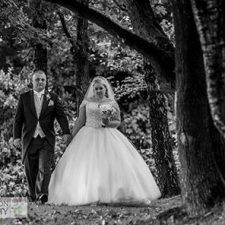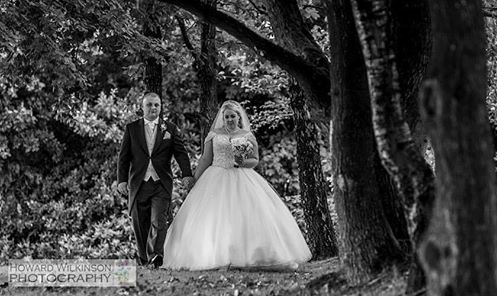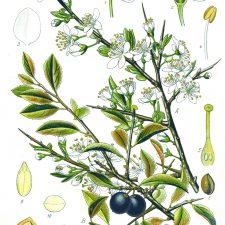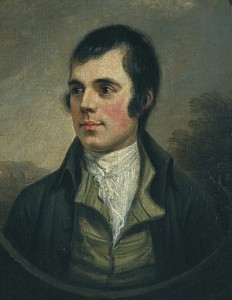Mead and the Honeymoon

In ancient times honey was revered for its healing properties. It was the only natural sweetener readily available and has the distinction of being the only foodstuff that doesn’t go off.
This was also a time when water wasn’t necessarily safe to drink due water borne diseases and parasites, so the sterilising properties of alcohol made weak beers and wines the drink of choice.
Although often referred to as “honey wine” true mead is brewed from honey, water and yeast without other ingredients such as grapes or other fruits. (The earliest recorded recipe for mead dates to 60AD)
The combination of the safe to drink alcohol and the healing properties of the honey lead to mead being revered (especially since it was often brewed by druids, and later, monks)
As part of the wedding ceremony, the bride’s father was expected to provide the newly wed couple with enough mead to last the couple for the first month of their marriage, hence the term Honeymoon, and this was said to encourage fertility and vitality (rather than brewer’s droop) and ensure that the marriage would “bear fruit” and a child would be born within a year.

Congratulations to Lee and Jennifer (9th September 2016)
Kanu y Med (Song of Mead)
I WILL adore the Ruler, chief of every place,
Him, that supports the heaven: Lord of everything.
Him, that made the water for every one good,
Him, that made every gift, and prospers it.
May Maelgwn of Mona be affected with mead, and affect us,
From the foaming mead-horns, with the choicest pure liquor,
Which the bees collect, and do not enjoy.
Mead distilled sparkling, its praise is everywhere.
The multitude of creatures which the earth nourishes,
God made for man to enrich him.
Some fierce, some mute, he enjoys them.
Some wild, some tame, the Lord makes them.
Their coverings become clothing.
For food, for drink, till doom they will continue.
I will implore the Ruler, sovereign of the country of peace,
To liberate Elphin from banishment.
The man who gave me wine and ale and mead.
And the great princely steeds, beautiful their appearance,
May he yet give me bounty to the end.
By the will of God, he will give in honour,
Five five-hundred festivals in the way of peace.
Elphinian knight of mead, late be thy time of rest.
From the Book of Taliesin XIX


